AI Anxiety and The Courage to Pause
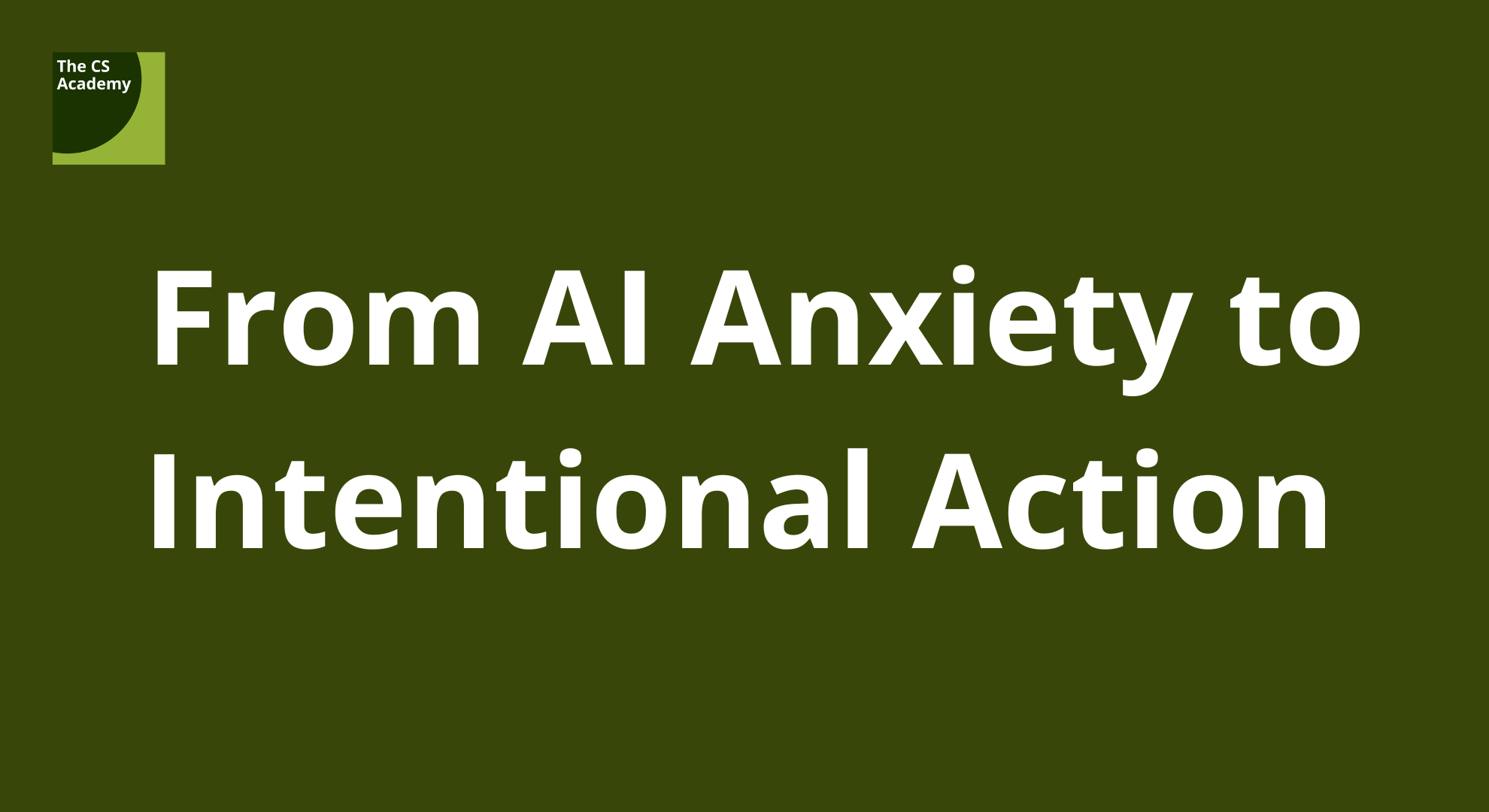
I've been having recent conversations with founders and leaders that leave me unsettled. The pressure has mounted not just to keep up with AI, but to 'figure it all out' and where and how to implement it before competitors do. There's this pervasive fear of missing out, of being left behind, of not knowing enough fast enough, or simply: not being good enough.
Just this week, I learned what it means to become a modern Go-to-market executive. To lead from the front, you will need to be at least AI fluent, better become native, and use tools like Clay or Copy.ai or write your own software with Replit, with a 'learning-obsessed' mindset.
What I'm witnessing is a spiral of stress and anxiety that feeds itself. The fear of falling behind creates pressure to act quickly. The pressure to act quickly creates anxiety about making the wrong choices. The anxiety about wrong choices creates more fear of falling behind. Round and round it goes.
What I'm noticing: we've already gotten caught up in this spiral that we've forgotten to pause and ask ourselves what's actually happening here.
Time to Break the Spiral
It's time to think about ourselves for a moment. To take a step back, pause, and reflect on what's actually happening instead of being sucked deeper into this cycle.
When we feel threatened by change, our instinct is to control it. We double down, work longer hours, and chase those new tools and trends. We tell ourselves we're being strategic, but often we're just being reactive.
I get it - I love AI, and I can tell myself it's fun to explore more, work harder and longer, and do more and more. My point and invitation here is to pause for a moment and engage in self-reflection on what is happening at the moment and whether we are still on a path of sustainable work ethic that we can support and that we can expect others to follow (i.e., the people we lead).
We should have learned from looking at the past, when the same thinking led to a burnout culture, and the same logic had us believing we could optimise our way out of every human challenge.
The Nuanced Reality
Yes, AI offers remarkable efficiencies. It's transforming how we work, create, and solve problems. But here's the thing we're not saying enough: we don't actually know where this is all heading.
We're in the middle of a massive experiment. The long-term implications of AI integration into our work and lives are still unfolding. Some changes will be profound and positive. Others might create new problems we haven't anticipated.
This uncertainty isn't a weakness in our planning—it's the reality of innovation. And it suggests that perhaps our response shouldn't be panic-driven optimisation, but thoughtful adaptation.
Getting Real About Where We Are
Let's not paint this too rosy either. It's tempting to say "embrace the journey" and "enjoy the evolution," but that ignores the real signs of fatigue and tunnel vision I'm seeing everywhere. People are exhausted. Leaders are making decisions from a place of narrowed focus, missing broader perspectives because they're so locked into AI-or-bust thinking.
We need to come out of this tunnel and see things for what they are right now: messy, uncertain, and constantly shifting. The new normal isn't having a clear roadmap—it's getting comfortable with the unknown. Planning has become harder. The anxiety isn't going away.
I believe that learning to channel these emotions will become increasingly important. If we don't find healthy ways to process the uncertainty and stress, we'll burn out. We'll get frustrated. We'll model the wrong behaviours for our teams and organisations.
A Different Kind of Competitive Advantage
While everyone else is racing to accumulate AI tools and hacks, there might be a different opportunity emerging. What if the real competitive advantage lies not in having the most AI, but in maintaining the most humanity?
Real connections still matter. Genuine value creation still counts. The ability to think critically, to empathise deeply, to solve problems creatively—these fundamentally human capabilities aren't becoming less valuable. If anything, they're becoming more distinctive.
This Weekend's Real To-Do List
So here's my challenge for this weekend, and maybe the weeks ahead:
Step away from the screen. Have a conversation with someone. Notice what you learn about them—and yourself—in that space.
Create something with your hands. Whether it's cooking, gardening, sketching, or building something, engage with the physical world in a way that no AI can replicate.
Solve a problem for someone you care about. Not with a tool, but with attention, creativity, and care.
Reflect on what you're actually trying to achieve. Beneath all the AI anxiety, what kind of work do you want to do? What kind of life do you want to live? What kind of impact do you want to have?
The Long Game
The companies and leaders who will thrive in an AI-augmented world won't be those who abandon their humanity in favour of efficiency. They'll be those who use AI to amplify their human capabilities—their creativity, their empathy, their ability to connect and create meaning.
They'll be the ones who remember that while AI can process information and automate tasks, it can't replace the fundamentally human work of building sustainable trust, creating culture, and making decisions that account for values that can't be quantified.
The future doesn't belong to those who can use AI the fastest. It belongs to those who can use it the most thoughtfully.
Be Intentional.
What's on your real to-do list this weekend?
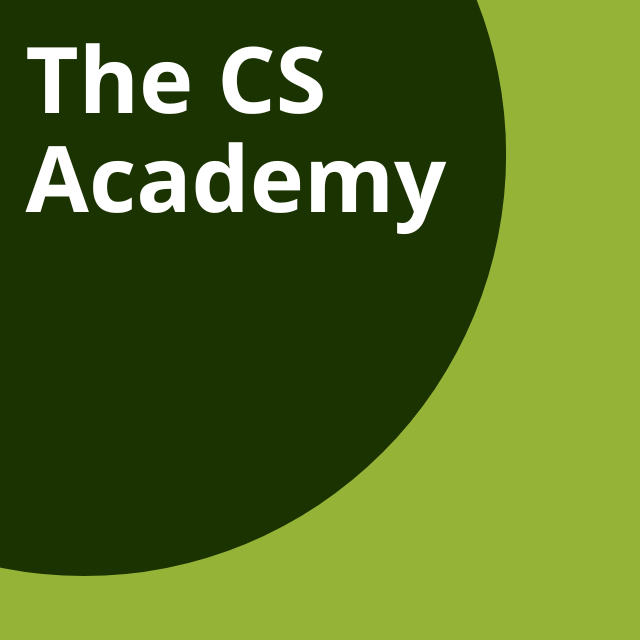
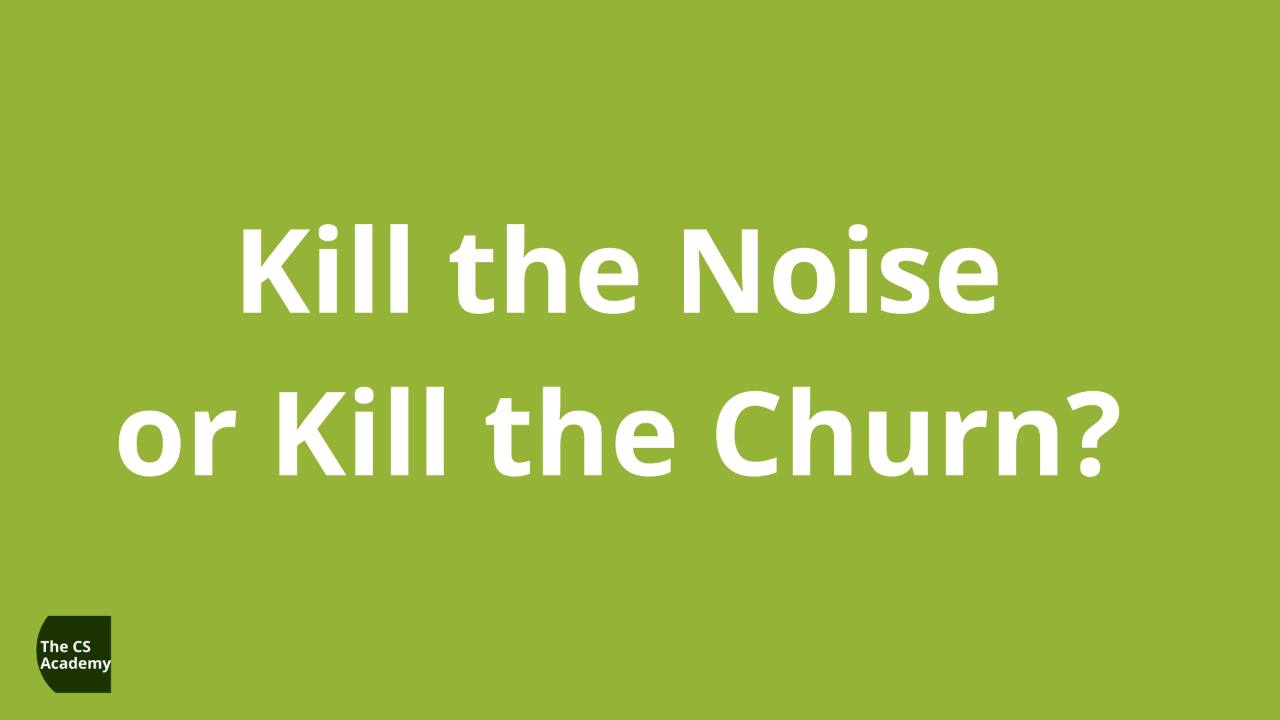
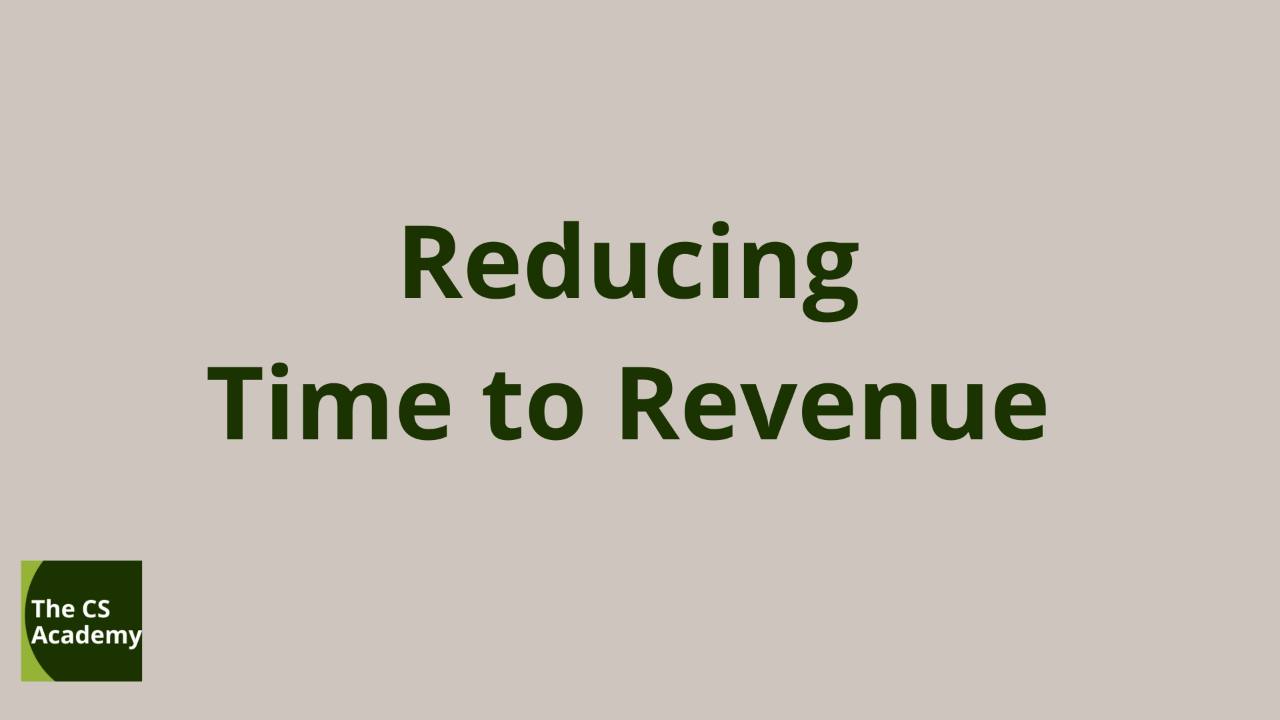
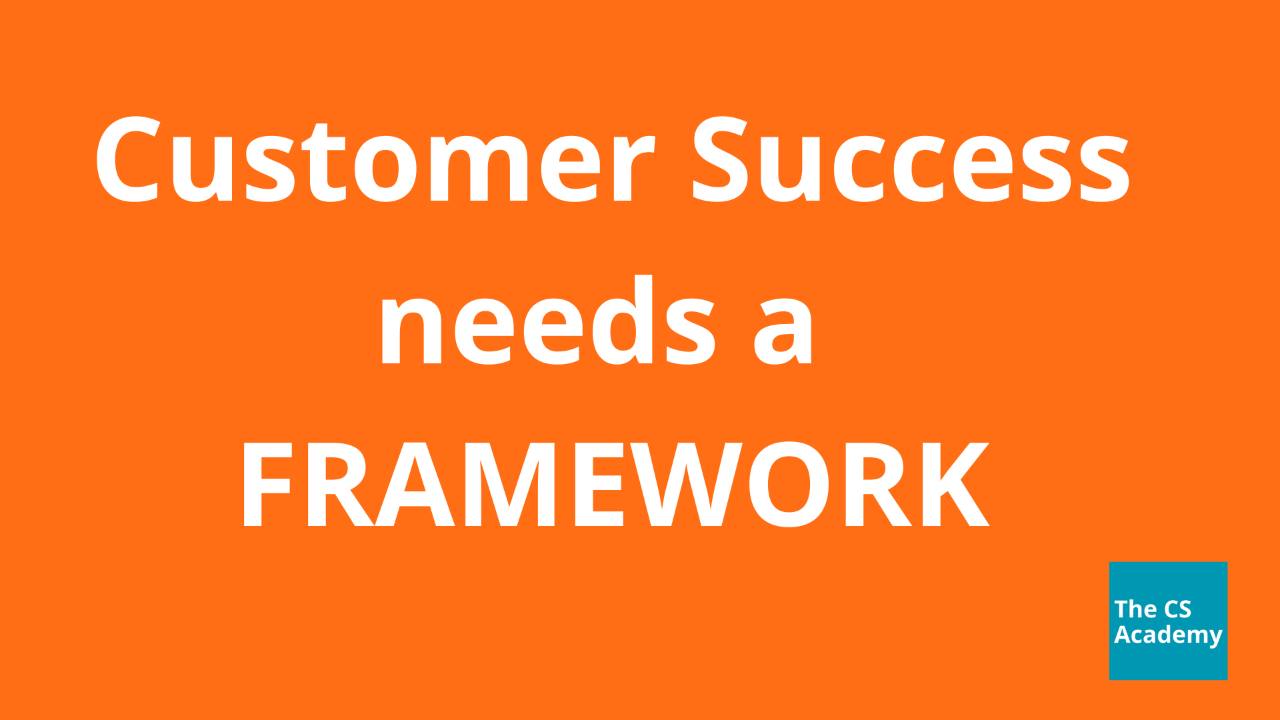

Responses